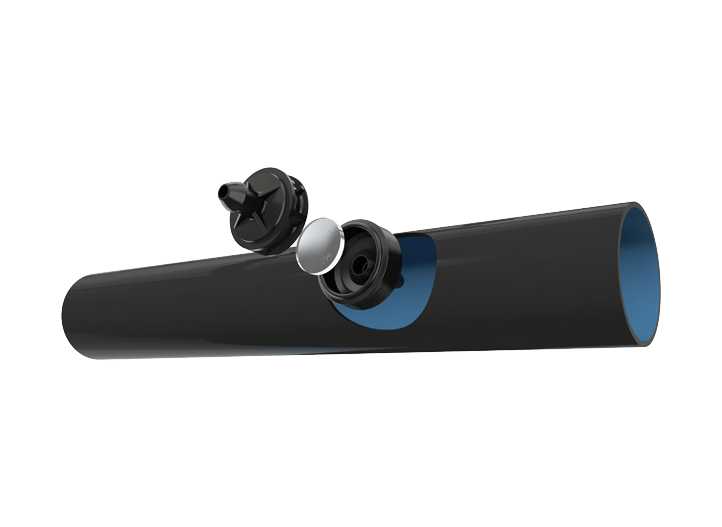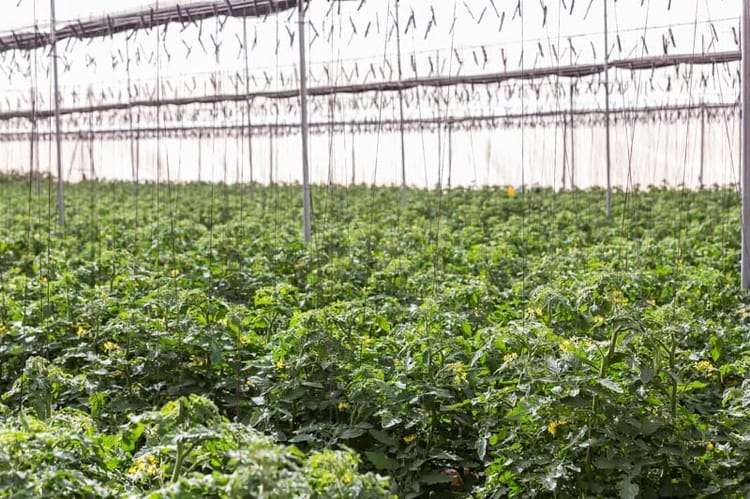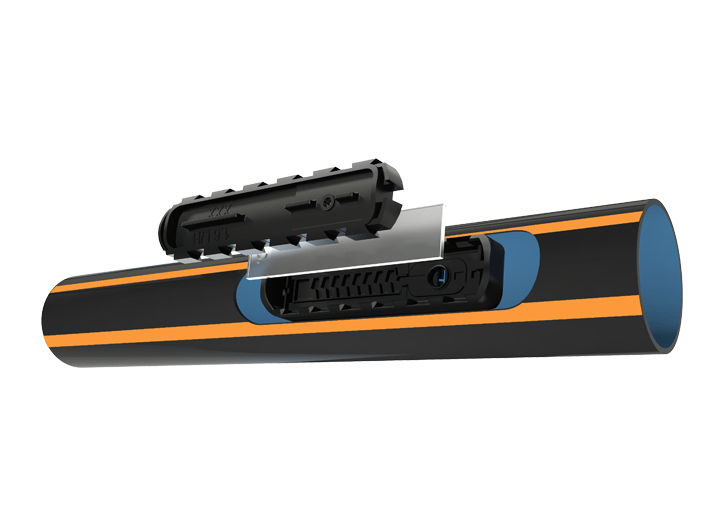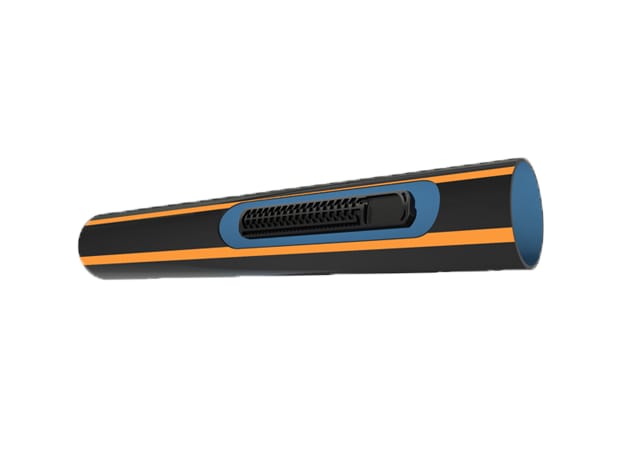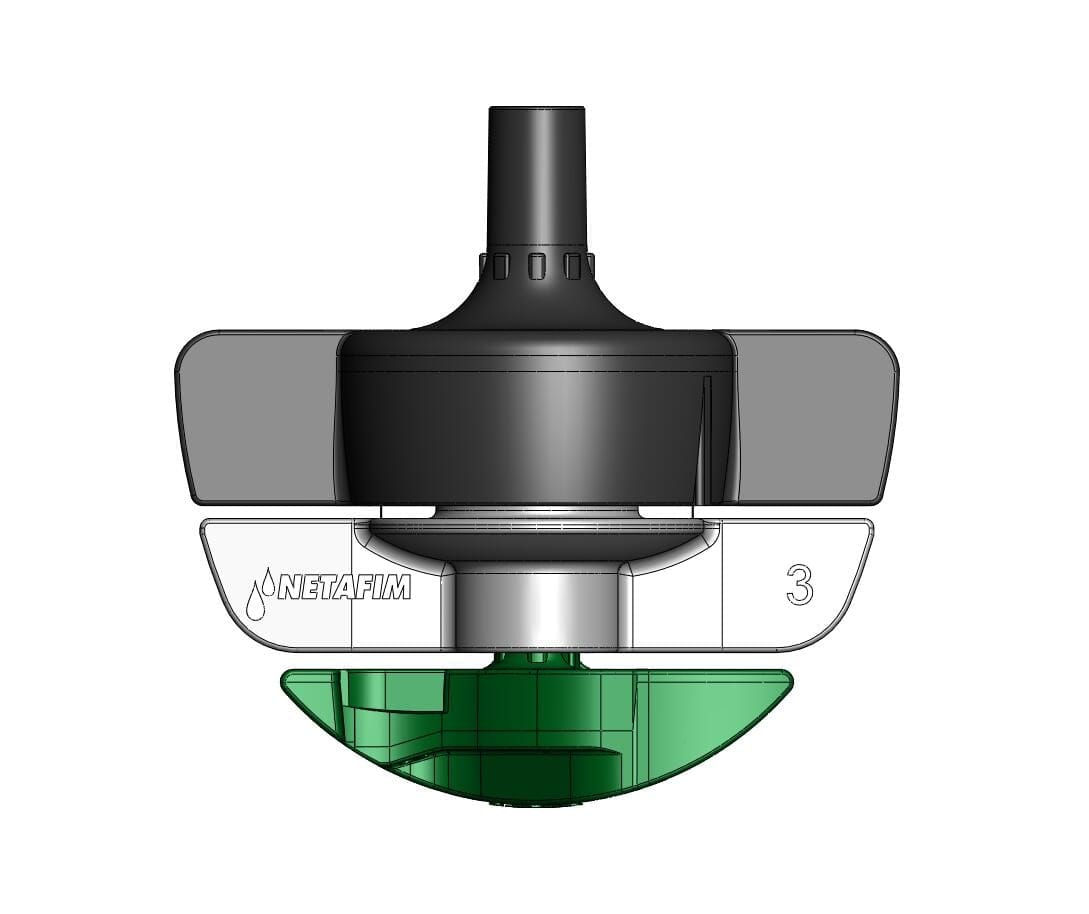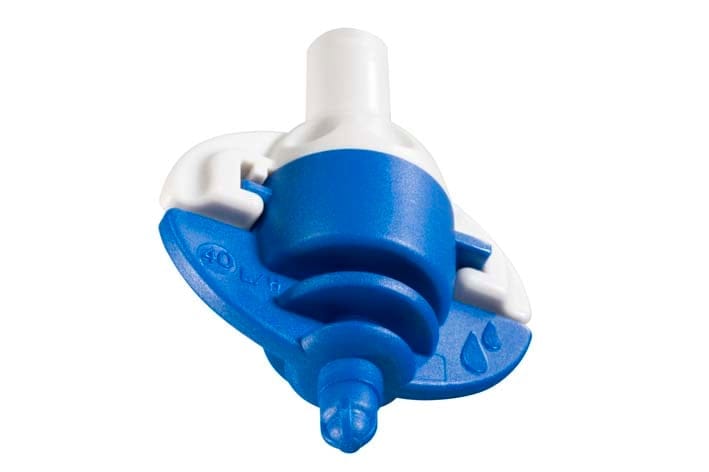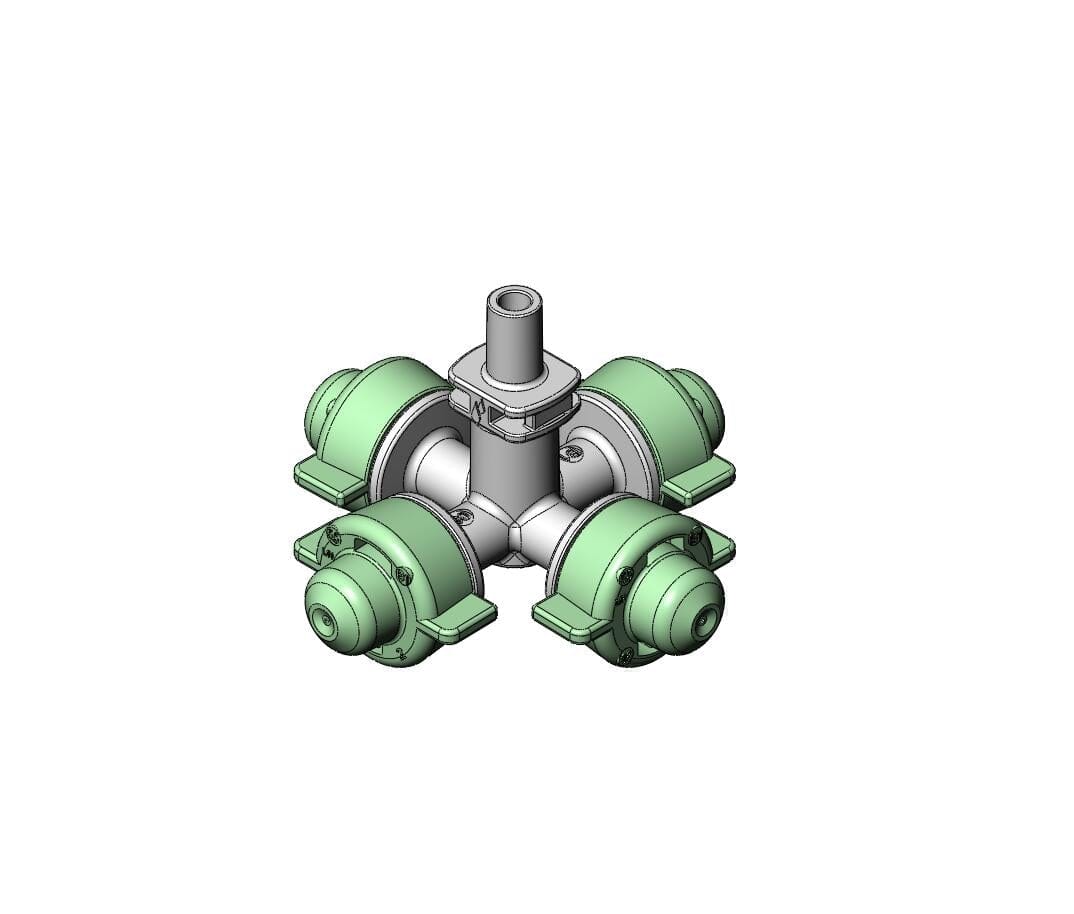There are three common greenhouse structures: glasshouses, poly houses, and net houses. All three are suitable for producing tomatoes.
The questions you should ask are:
- What are the local environmental conditions?
- How much do I want to/can I invest?
Glasshouse structures are suitable for commercial production of tomatoes in mild to cold climates (heavy snow load) and require high investment. Poly houses are suitable for diverse climatic conditions, and net houses will be more suitable for dry or hotter climate conditions (non-rainy climates).
